Description
Brahminy Starling with Two Antheraea Moths, Caterpillar, and Cocoon on Indian Jujube Tree by Sheikh Zain al-Din printed on a Hoodie
About the Hoodie
Modern fit
It provides a more tailored look than a regular fit
Comfortable
The fabric and fit of this item are extra comfy
Tear-away tag
Easily removable tear-away tag that allows you to add a custom inside label
Premium quality
The product is made from premium, high-quality materials
Classic unisex hoodie with a front pouch pocket and matching flat drawstrings. The 100% cotton exterior makes this hoodie soft to the touch.
- 65% ring-spun cotton, 35% polyester
- Charcoal Heather is 60% ring-spun cotton, 40% polyester
- Carbon Grey is 55% ring-spun cotton, 45% polyester
- 100% cotton face
- Fabric weight: 8.5 oz./yd.² (288.2 g/m²)
- Front pouch pocket
- Self-fabric patch on the back
- Matching flat drawstrings
- 3-panel hood
- Tear-away tag
Sheikh Zain al-Din (18th century)
Sheikh Zainuddin was a Bengali Muslim artist of the East India Company period and one of the local artists who rose to prominence under European patronage in British Raj. His works blending Mughal and Western painting techniques belonged to the Company style of painting.
In the late eighteenth century, he worked under Mary Impey, the wife of Sir Elijah Impey, Chief Justice of Calcutta Supreme Court. Among the three artists she brought from Patna to make realistic sketches of birds and animals of her private menagerie, Zainuddin was the foremost. Zainuddin combined English botanical illustration with Mughal Patna Qalam style. In his paintings, modern critics appreciate the way a “bright, simple background offsets the keenly wrought details of plants and animals”.
From 1777 to 1782, Zainuddin worked on Whiteman art paper manufactured in England for his transparent watercolor paintings. For his tinted drawings and sketches, he employed meticulous calligraphic strokes reminiscent of the works of Mughal Court artist Ustad Mansur. His drawings of mountain-rats, hanging bats, parrots, and storks are distinctive for having both aesthetic appeal and scientific value. These are now preserved in the Ashmolean Museum in Oxford.

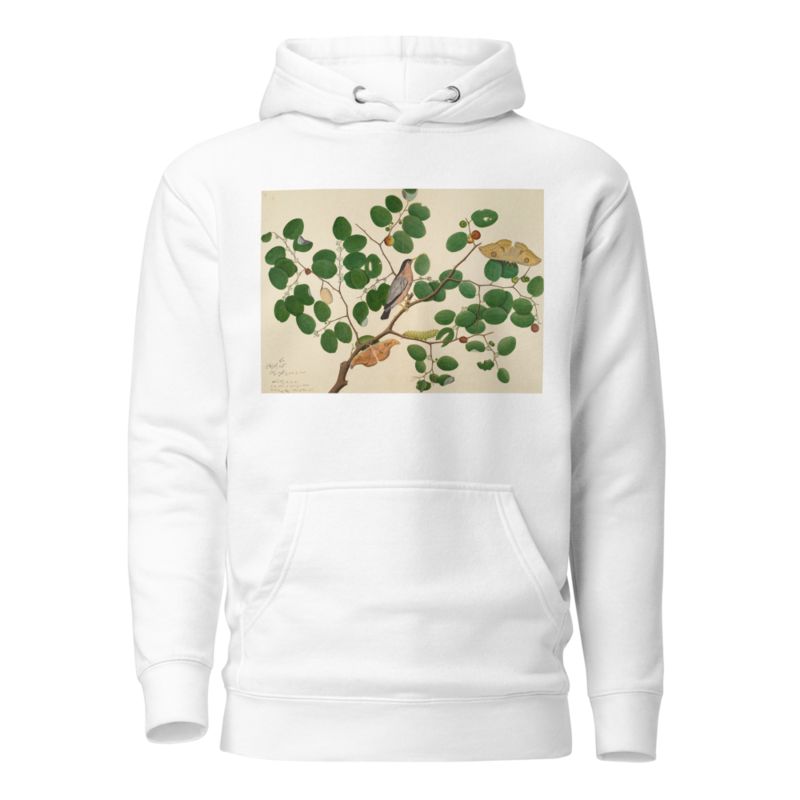
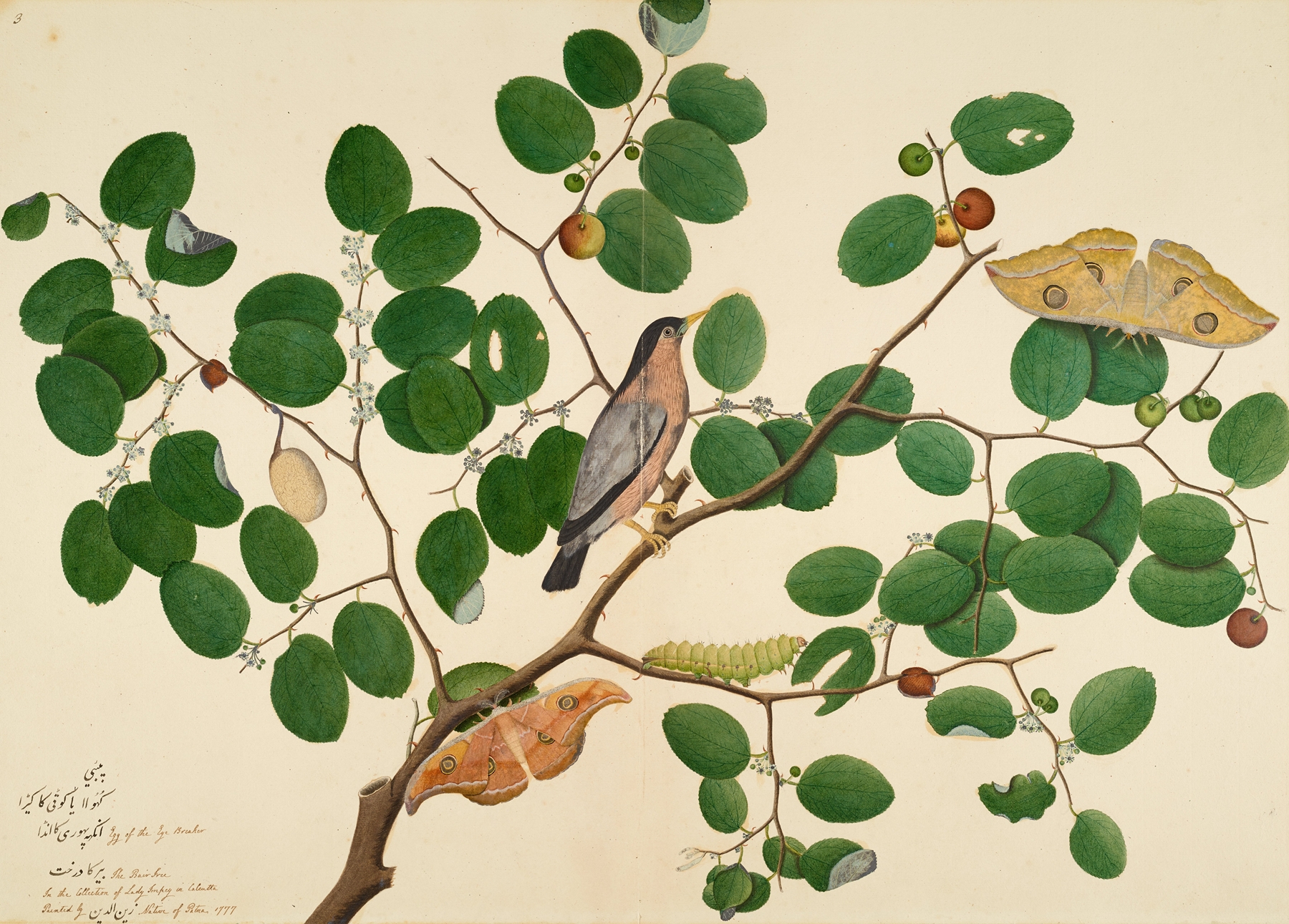
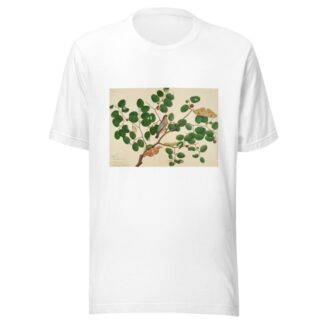
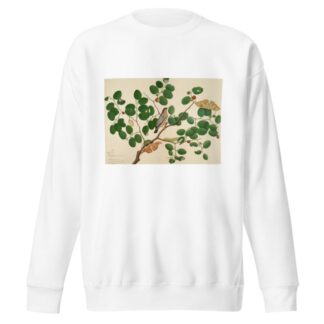
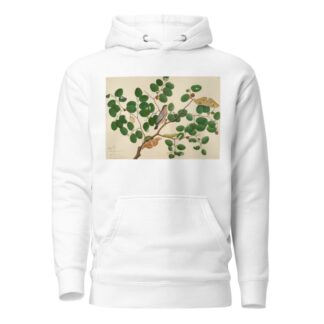
Reviews
There are no reviews yet.